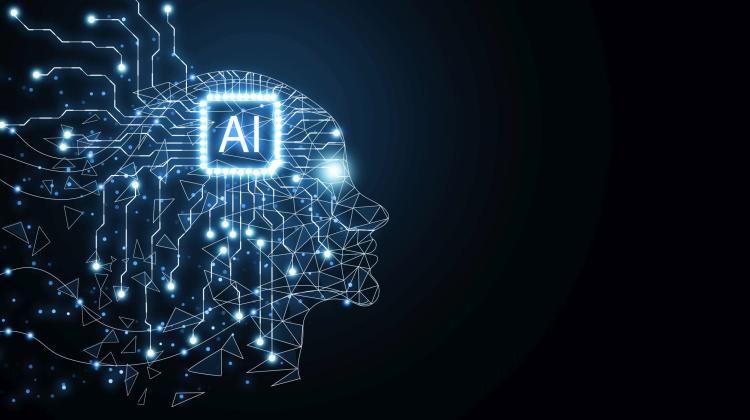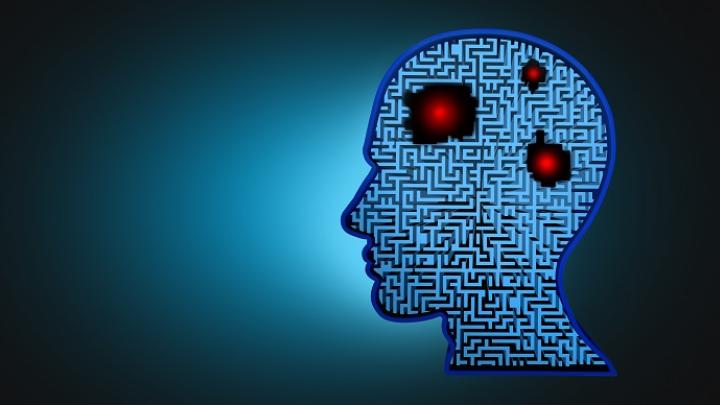Christmas shopping with artificial intelligence
 Photo: Fotolia
Photo: Fotolia
Artificial Intelligence (AI) that tracks the behaviour of Internet users and predicts Christmas trends can be helpful when choosing gifts. But relying on it may lead to the situation, in which everyone gets very similar gifts, says Dr. Artur Modliński from the University of Lodz.
Every year before Christmas, consumers face similar dilemmas: what gifts to buy for their loved ones? Selection based on your own tastes can end in failure and returns of gifts.
When trying to predict what their loved ones want to find under the Christmas tree, people now more often use new technologies, notes Dr. Artur Modliński from the Department of Management of the University of Lodz. These technologies are applications - artificial intelligence that predicts the hottest holiday trends with advanced algorithms.
At the same time, shopping websites often use artificial intelligence to track the behaviour of Internet users; they observe what products they search for, what they most often click, what topics and categories they search for - and what they buy. "This artificial intelligence simply checks and learns how we act and what we are interested in" - he says.
As a result, algorithms are able to propose articles tailored to a specific internet user, and a growing number of consumers declare that before Christmas they check the profiles of their loved ones on various websites to see the items they have bought and their recommended products. They believe that this will help them avoid duplication of gifts and make a better choice, the expert points out.
The scientist mentions IBM Watson Trend - the supercomputer that analyses millions of posts on social media, online forums, user reviews, to create a list of the most desirable gifts in a given category. Popularity of Christmas Lists continues to grow - applications that help consumers create and share lists of gifts they would like to receive. Friends mark the items they plan to purchase, and the information also reaches other people added to the list`s author`s network.
But such activities are not always appreciated by consumers, Dr Modliński remarks. "The problem is that this leads to receiving mass gifts. Very often, if you observe trends in given categories and based on that decide to buy a book or electronic equipment - it later turns out that all consumers receive similar gifts" - he says.
A growing number of consumers - in addition to material products - want to receive experiences and emotions, recreate the traditions, flavours, music and climate that accompanied their memories. According to the expert, when we are more capable financially, we often sentimentally return to the past and try to experience good moments once again. Instead of accumulating goods, we want to see a concert or theatre play.
"Our loved ones expect us to watch what they like, how they spend their time with us - and choose gifts on this basis. If a gift turns out to be something very popular, very consistent with trends, but not with our own emotions and expectations of experiences, it is hardly a perfect gift" - says Dr. Modliński.
Another limitation regarding new trends and AI is the filter bubble. On its basis, consumers buy the products that the algorithm has prepared for them. At the same time, they close themselves to other experiences that might suit them, but probably will not be able to use them because they have not been suggested by the algorithm.
"Artificial intelligence allows to increase our satisfaction with the products and services we use, but also closes us to experiences that might be even better, but we do not or will not have an opportunity to use them in the future" - says Dr. Artur Modliński.
According to the scientist, when looking for gifts, it is best to rely primarily on individual observations, and not only on new technologies.
"Our brain works more efficiently, which is why we are able to better determine the preferences of our relatives. Our individual purchase decisions still seem to be more accurate than those based on algorithms" - concludes the expert from the University of Lodz.
PAP - Science in Poland
szu/ zan/ kap/
tr. RL
Przed dodaniem komentarza prosimy o zapoznanie z Regulaminem forum serwisu Nauka w Polsce.















